1. Biodiversity Is Vital for Ecosystem Health

Biodiversity is the foundation of ecosystem health, as it ensures that ecosystems function properly and remain resilient. It supports a variety of ecological processes such as nutrient cycling, pollination, and soil regeneration, according to USGS. Each species plays a specific role, from tiny insects to large mammals, all contributing to the balance of life on Earth. When biodiversity is reduced, these processes are weakened, affecting the entire ecosystem, including the plants and animals humans rely on. For example, fewer pollinators mean lower crop yields, leading to food shortages that can have wide-reaching effects.
Moreover, biodiversity acts as a natural buffer against environmental stressors like climate change, diseases, and invasive species. Ecosystems with high biodiversity can recover more quickly from disruptions because they have a greater variety of species that can adapt to new conditions. On the other hand, ecosystems with low biodiversity are more vulnerable and may collapse if one or two species are lost. The health of our ecosystems directly impacts human well-being, from providing clean water and air to offering resources for medicine and materials. Without a diverse range of species, these benefits become severely limited.
2. Biodiversity Is Essential for Food Security
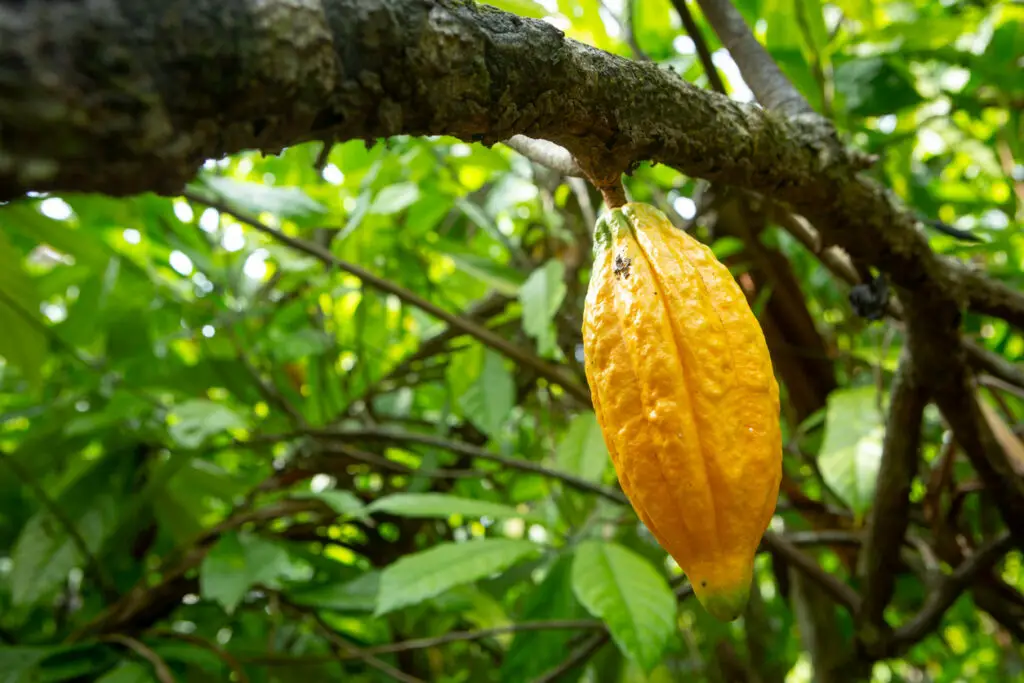
Our food systems are heavily reliant on biodiversity, and this is becoming increasingly important as the global population continues to grow. Over 75% of the world’s food crops depend on pollinators like bees, butterflies, and birds, which are key components of biodiversity. When these species are threatened, so is our ability to grow a variety of crops. The loss of these vital species can lead to lower agricultural productivity, reduced food quality, and the risk of food shortages, particularly in developing countries. Biodiversity also contributes to the genetic diversity of crops, which is essential for breeding resilient crops that can withstand pests, diseases, and climate change.
As we face the challenges of feeding a growing global population, it’s crucial that we protect biodiversity to maintain a stable and diverse food supply. The loss of biodiversity could lead to monocultures, where only a small number of crop species dominate the food system, making it more vulnerable to pests and diseases. This reliance on a narrow genetic pool limits the potential for crop improvement and adaptation. In addition, many of the wild plants and animals that contribute to food sources, like medicinal herbs, edible plants, and even insects, are being lost, reducing our options for sustainable food production. Protecting biodiversity ensures a more secure and nutritious food future.
3. Biodiversity Helps Regulate the Climate

Biodiversity plays a crucial role in regulating the climate by influencing processes such as carbon sequestration. Forests, wetlands, and oceans act as carbon sinks, absorbing CO2 from the atmosphere and helping to mitigate climate change, according to PubMed Central. When ecosystems lose biodiversity, they lose their ability to effectively absorb and store carbon, exacerbating global warming. For example, deforestation not only destroys habitats for countless species but also releases stored carbon into the atmosphere, further contributing to the climate crisis. Conversely, maintaining healthy, biodiverse ecosystems can help offset some of the negative effects of climate change.
Beyond carbon storage, biodiversity also affects climate regulation through the water cycle and soil health. Diverse ecosystems are more efficient in managing water resources, preventing both droughts and floods. Wetlands, for instance, act as natural sponges, absorbing excess water during heavy rainfall and slowly releasing it during dry periods. This helps maintain a balanced water cycle and reduces the impacts of extreme weather events. By protecting biodiversity, we can strengthen the natural systems that regulate the climate, reduce the severity of climate change, and enhance our ability to adapt to a changing world.
4. Biodiversity Boosts Human Health and Well-being

Biodiversity isn’t just crucial for the environment; it also has a direct impact on human health. Many modern medicines are derived from plant and animal species, and scientists continue to explore the vast potential of nature for new treatments and cures, according to the WHO. For example, compounds found in the rainforest have been used to develop medications for diseases like cancer, HIV, and malaria. As we lose species, we also lose the opportunity to discover new medicines that could improve health outcomes for millions of people worldwide. Biodiversity can also promote mental and emotional well-being, as natural environments are known to reduce stress, improve mood, and boost cognitive function.
Moreover, biodiversity supports human health through its role in controlling diseases. A diverse range of species helps regulate populations of disease-carrying organisms like mosquitoes and ticks, reducing the risk of outbreaks of diseases such as malaria and Lyme disease. When biodiversity is lost, these natural control systems break down, potentially leading to the spread of diseases that could have otherwise been managed. By protecting biodiversity, we are not only safeguarding the health of ecosystems but also ensuring that future generations will have access to the resources they need to thrive.
5. Biodiversity Enhances Economic Opportunities
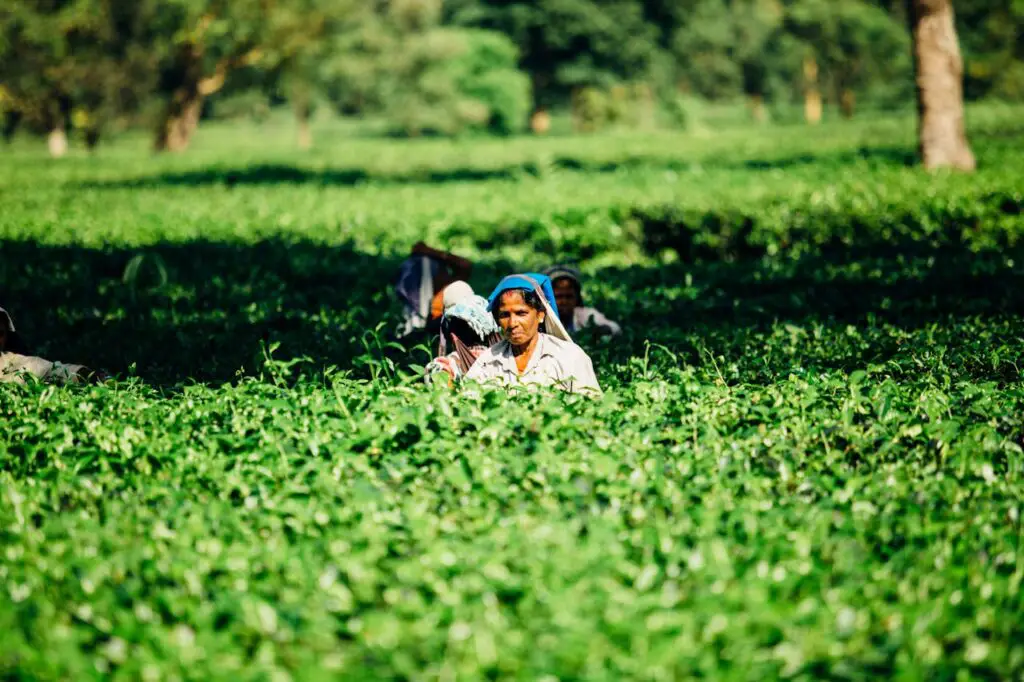
Biodiversity plays a vital role in many industries, including agriculture, fisheries, and tourism. It contributes to the stability and productivity of these sectors, providing raw materials, food, and other essential products. For instance, sustainable fisheries rely on healthy ecosystems that support a variety of fish species, while agriculture benefits from pollination services and soil fertility. Biodiversity also drives eco-tourism, an industry that generates billions of dollars annually by attracting tourists to pristine natural areas. Without biodiversity, many of these industries would collapse, leading to economic losses and the loss of jobs.
In addition, biodiversity supports innovation by providing new materials and technologies. For example, biomimicry, which involves imitating nature’s designs and processes, has led to breakthroughs in fields like engineering, architecture, and manufacturing. Nature’s solutions to problems such as waste management, energy efficiency, and resource conservation are being applied in new technologies that have the potential to transform industries. By preserving biodiversity, we are not only protecting ecosystems but also ensuring that future generations have the resources they need for economic growth and innovation.
6. Biodiversity Supports Cultural Identity
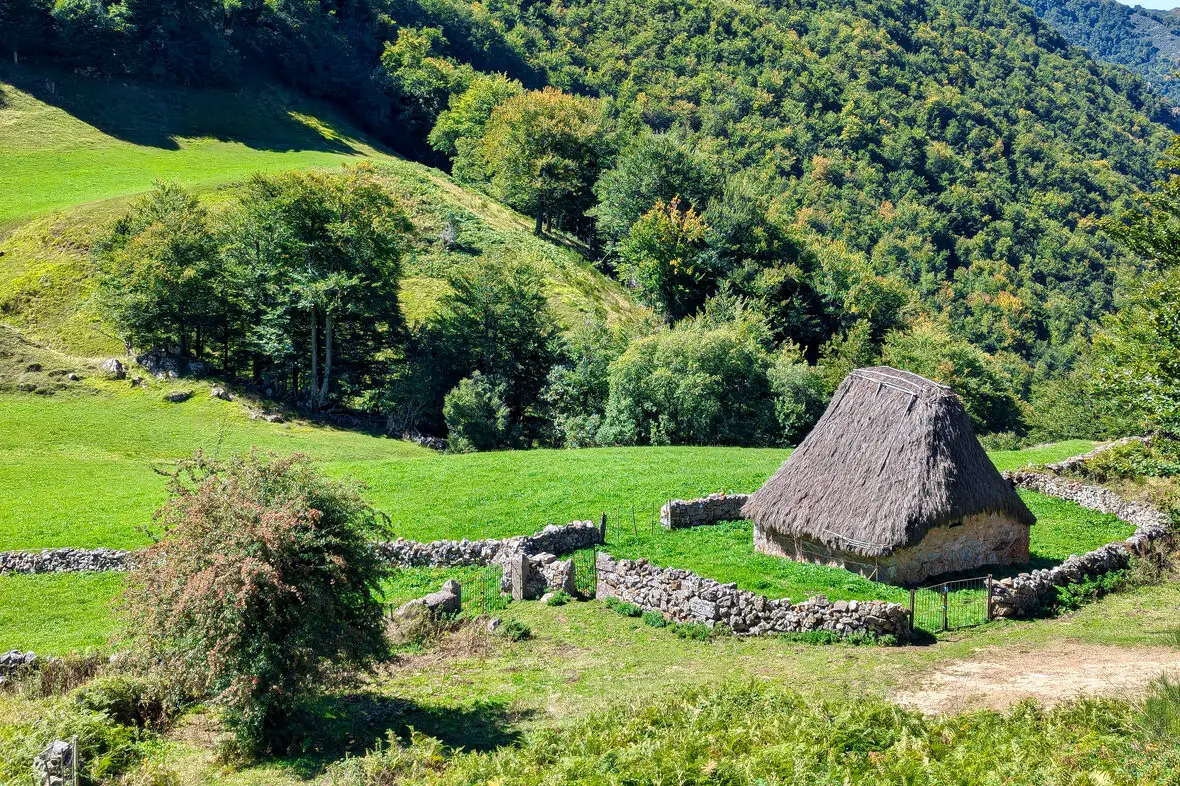
Biodiversity is deeply intertwined with the cultural identity of many communities around the world. Indigenous peoples, for example, have developed traditional knowledge systems based on their relationship with the land, plants, and animals in their environment. These practices are often passed down through generations and are essential for maintaining cultural heritage. Biodiversity also influences art, religion, and cuisine, as many cultures draw inspiration from nature for their practices and expressions. When biodiversity is lost, so too are the cultural practices and knowledge that have been passed down for centuries.
In many parts of the world, biodiversity is an integral part of local economies, with communities relying on natural resources for their livelihood. Whether it’s through fishing, hunting, or foraging for medicinal plants, the loss of biodiversity threatens the way of life for millions of people. Cultural connections to nature also promote sustainable practices, as many indigenous cultures have a deep respect for the land and its creatures. Protecting biodiversity helps preserve these cultural traditions and supports the well-being of communities that depend on nature for their survival.
7. Biodiversity Protects Natural Resources

Natural resources such as clean water, fertile soil, and air are all protected and maintained by biodiversity. Healthy ecosystems, from forests to wetlands, play an essential role in filtering water, purifying air, and preventing soil erosion, according to Enel Green Power. Without a diverse range of species, these systems become less efficient, leading to the degradation of essential resources. For example, wetlands act as natural water filters, removing pollutants and providing clean water for human consumption and agricultural use. Forests, with their complex web of life, help maintain soil structure and prevent erosion, ensuring the sustainability of agricultural lands.
Biodiversity also helps ensure the availability of renewable resources. For instance, forests provide wood, fruits, and other materials that are used by humans in various industries. When biodiversity is lost, the ability of these ecosystems to replenish themselves is compromised, leading to resource scarcity and reduced availability. Protecting biodiversity ensures that natural resources remain plentiful and sustainable for future generations. By safeguarding the ecosystems that provide these resources, we also ensure a stable and secure future for humanity.
8. Biodiversity Aids in Climate Adaptation

As climate change continues to intensify, biodiversity becomes an increasingly important asset in adapting to new environmental conditions. Diverse ecosystems offer a range of solutions to help mitigate the effects of climate change, from absorbing excess carbon to protecting coastal areas from rising sea levels. For example, mangrove forests act as natural buffers against storm surges, while coral reefs provide protection to coastlines by reducing the impact of waves. By maintaining biodiversity, we can enhance the resilience of ecosystems and communities, allowing them to better withstand and adapt to the changing climate.
In addition, biodiversity offers valuable genetic resources that can help us adapt to the challenges of climate change. For instance, scientists are studying wild plant species to identify traits that could make crops more resistant to droughts, floods, and other extreme weather events. These genetic resources are essential for developing crops and livestock that can thrive in a changing climate. Protecting biodiversity ensures that we have access to the genetic diversity needed to develop climate-resilient solutions, improving food security and reducing the vulnerability of communities to climate-related disasters.
9. Biodiversity Improves Resilience Against Natural Disasters
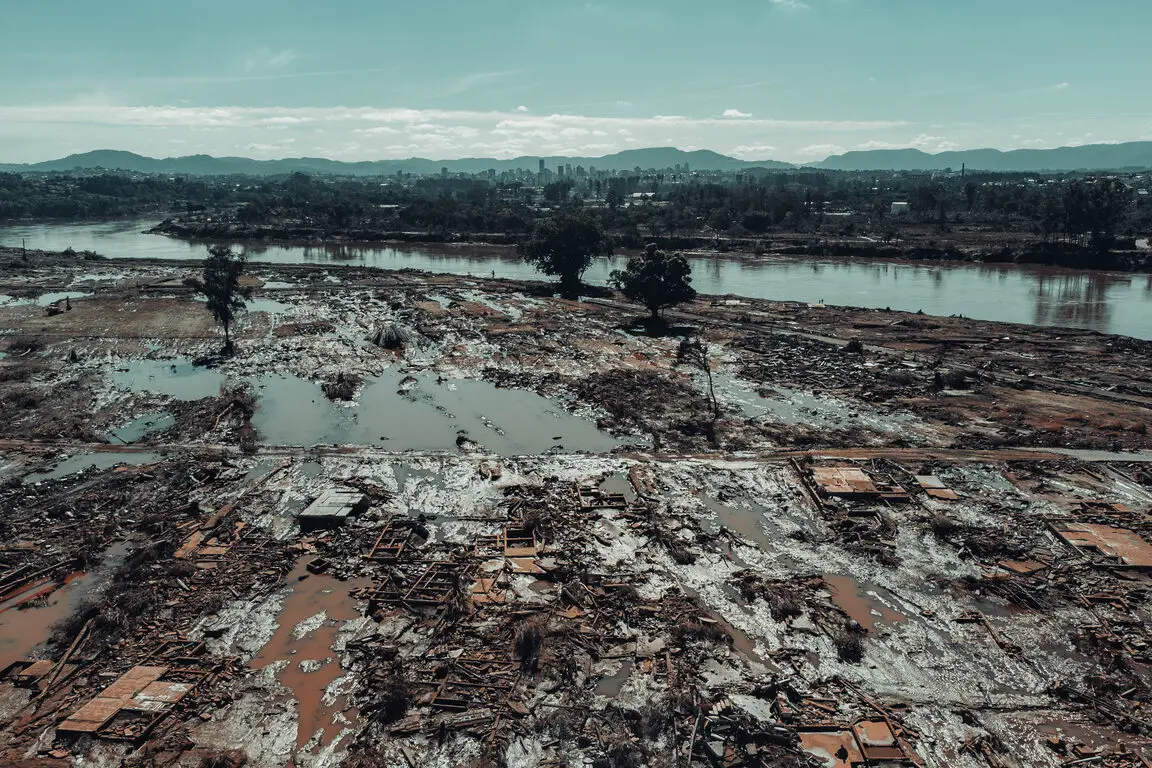
The ability of ecosystems to recover from natural disasters such as floods, hurricanes, and wildfires is closely linked to their biodiversity. Diverse ecosystems, including forests, wetlands, and grasslands, act as natural buffers that reduce the impact of these disasters on human populations, according to the Convention on Biological Diversity. For example, mangrove forests protect coastal communities from storm surges and flooding, while wetlands act as sponges that absorb excess rainwater, reducing the risk of floods. The loss of biodiversity weakens these natural defenses, making communities more vulnerable to the impacts of extreme weather events.
Biodiversity also plays a role in disaster recovery by supporting ecosystem services such as soil regeneration, water purification, and habitat restoration. After a natural disaster, ecosystems with high biodiversity can recover more quickly because they have a variety of species that can fill different ecological niches. In contrast, ecosystems with low biodiversity are less resilient and may take longer to bounce back. By protecting biodiversity, we can strengthen the natural systems that help communities recover from disasters and build resilience against future events.
10. Biodiversity Reduces Pollution
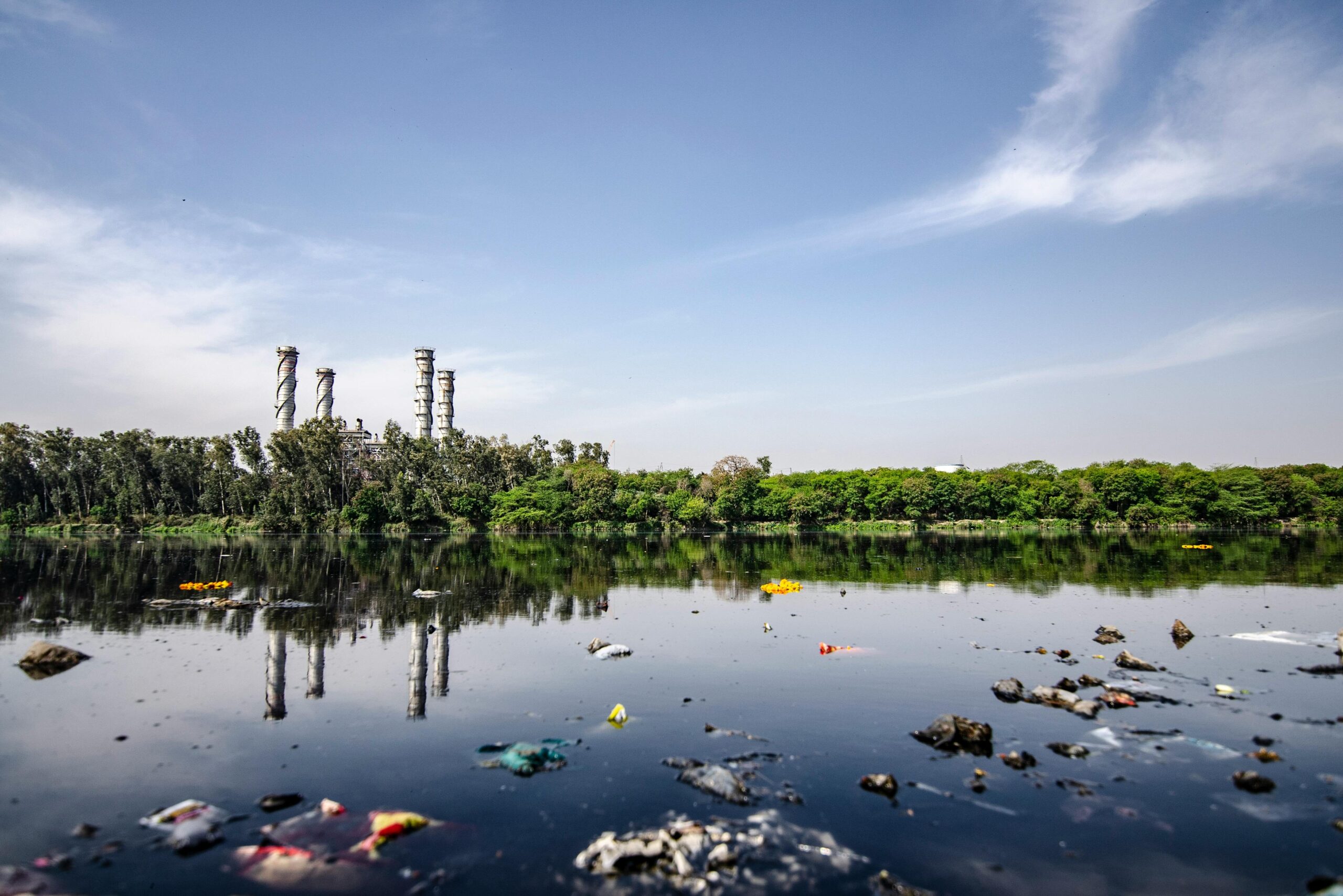
Biodiversity can help reduce pollution by filtering and breaking down pollutants in the air, water, and soil. Plants, microorganisms, and fungi play a key role in absorbing and degrading harmful substances, such as heavy metals, chemicals, and greenhouse gases. For example, wetlands act as natural filters, trapping pollutants before they reach larger bodies of water. Forests and grasslands absorb CO2, helping to reduce the levels of this harmful greenhouse gas in the atmosphere. By maintaining biodiversity, we can ensure that these natural filtration systems continue to function, improving air and water quality for both humans and wildlife.
In addition, biodiversity helps to break down waste and recycle nutrients, contributing to healthier ecosystems and reducing the accumulation of pollution. For example, decomposers like bacteria, fungi, and insects help break down organic matter, turning it into valuable nutrients that enrich the soil. The loss of these species can result in the buildup of waste and pollution, further degrading the environment. By protecting biodiversity, we can enhance the natural processes that keep our ecosystems clean and functioning, leading to a healthier planet.
11. Biodiversity Promotes Sustainability

Sustainability is at the heart of biodiversity conservation, as diverse ecosystems are more efficient and resilient in supporting long-term ecological balance. Sustainable agriculture, forestry, and fisheries depend on the health of ecosystems and the variety of species that inhabit them. By maintaining biodiversity, we ensure that resources are used in a way that meets present needs without compromising the ability of future generations to meet their own needs. For example, sustainable farming practices that promote biodiversity, such as crop rotation and agroforestry, help preserve soil fertility and reduce the need for chemical inputs like pesticides and fertilizers.
In addition, biodiversity supports the development of sustainable technologies and practices. For example, many clean energy technologies, such as biofuels and wind power, rely on natural resources and ecosystems. By protecting biodiversity, we ensure that these industries have the resources they need to thrive and contribute to a sustainable future. Biodiversity is also a key element of sustainable tourism, as many travelers seek to visit pristine natural areas that offer unique wildlife experiences. By conserving biodiversity, we can promote sustainability in both environmental and economic terms.
12. Biodiversity Protects Global Security
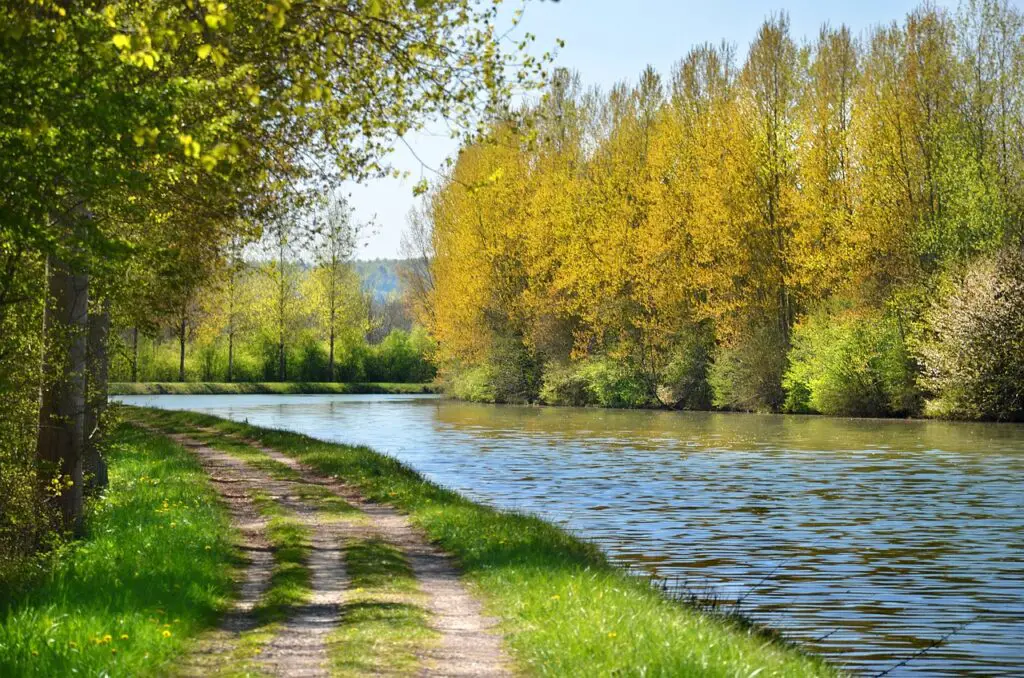
Biodiversity is closely linked to global security, as it contributes to the stability of ecosystems that provide essential resources such as food, water, and energy. The loss of biodiversity can create resource shortages, which in turn can lead to conflicts over access to these resources. For example, the destruction of ecosystems that provide clean water can lead to water scarcity, which has been a source of conflict in many regions. By protecting biodiversity, we can help prevent resource-related conflicts and ensure that essential resources are available for everyone.
Moreover, biodiversity is important for maintaining geopolitical stability. Healthy ecosystems help stabilize local economies, providing income and livelihoods for communities. When biodiversity is lost, it can lead to economic decline, particularly in regions that depend on natural resources for their livelihoods. By investing in biodiversity conservation, we are not only protecting the environment but also supporting global peace and stability. Biodiversity is a key element in ensuring a sustainable and secure future for all.
13. Biodiversity Contributes to a Better Quality of Life

Finally, biodiversity contributes to a better quality of life by offering opportunities for recreation, relaxation, and connection with nature. Natural spaces such as parks, forests, and beaches provide essential mental and physical health benefits, including stress reduction, improved mood, and increased physical activity. Many people find joy and inspiration in the beauty and diversity of the natural world, which enhances their overall well-being. When biodiversity is threatened, these opportunities for connection with nature are also at risk.
Furthermore, biodiversity plays a role in ensuring a more equitable and inclusive world. By protecting biodiversity, we are safeguarding the livelihoods of millions of people who depend on natural resources for their survival. This includes not only indigenous peoples but also rural communities around the world that rely on fishing, farming, and foraging. A healthy, biodiverse planet ensures that everyone has the opportunity to live a better life, with access to clean air, water, food, and a rich natural environment. Protecting biodiversity is, ultimately, an investment in a more sustainable and equitable world for all.


